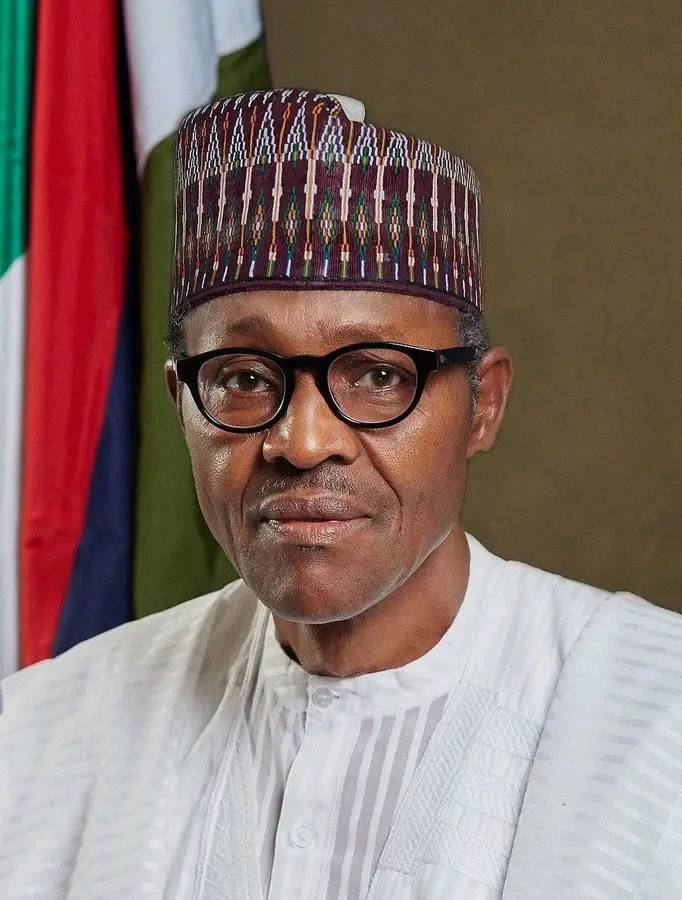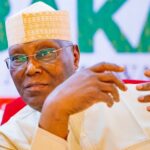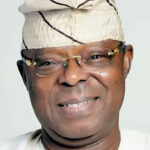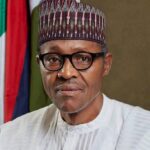Former Nigerian President Muhammadu Buhari has passed away, marking the end of an era in Nigeria’s political history. Here’s a look at his life, achievements, and the impact he left behind.
Former President Muhammadu Buhari Dies at 82
Nigeria Mourns a National Figure
Nigeria woke up to somber news today as reports confirmed the passing of former President Muhammadu Buhari, a towering figure in the country’s political and military history. Buhari, who served as Nigeria’s president from 2015 to 2023, died at the age of [insert age], leaving behind a complex legacy of leadership, reform, and controversy.
A Lifetime of Service
Born on December 17, 1942, in Daura, Katsina State, Muhammadu Buhari rose through the ranks of the Nigerian military to become a Major General. He first assumed national leadership in 1983 as the Head of State following a military coup. His regime was noted for its strict anti-corruption stance and the now-famous “War Against Indiscipline.”
After being overthrown in 1985, Buhari retreated from public office but remained a vocal advocate for good governance. Decades later, he returned to the political scene, running for president on several occasions before achieving victory in the 2015 general elections under the All Progressives Congress (APC) banner.
Achievements and Controversies
As a civilian president, Buhari’s administration focused on anti-corruption efforts, infrastructural development, and the fight against Boko Haram insurgents in northeastern Nigeria. His tenure also faced criticism over issues such as economic challenges, rising insecurity in some regions, and perceived human rights concerns.
Nevertheless, many Nigerians admired his frugal lifestyle, commitment to public service, and efforts to curb systemic corruption.
Tributes Pour In
Tributes have been pouring in from Nigerian leaders, African heads of state, and the international community. President [current president] described Buhari as “a steadfast patriot who dedicated his life to the service of our nation.”
Public reactions have been mixed — a testament to the polarizing nature of his leadership. Yet, few can deny the impact he had on Nigeria’s political landscape over the past four decades.
A Lasting Legacy
Buhari’s passing marks the end of a chapter in Nigeria’s history. His life story reflects both the promise and challenges of leadership in Africa’s most populous nation. For supporters and critics alike, he remains a figure of immense historical significance.
As Nigerians reflect on his legacy, the nation stands united in mourning a man who, for better or worse, shaped the course of its destiny.
Key Facts About Muhammadu Buhari
- Born: December 17, 1942
- Military Head of State: 1983–1985
- Democratically elected President: 2015–2023
- Known for: Anti-corruption stance, military discipline, infrastructural development initiatives.





